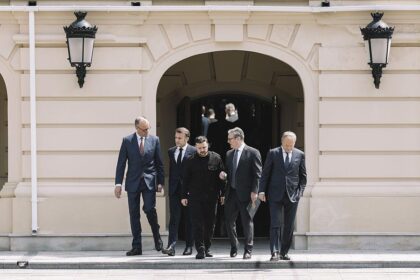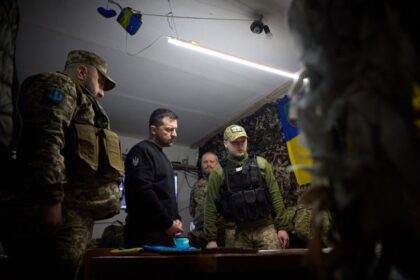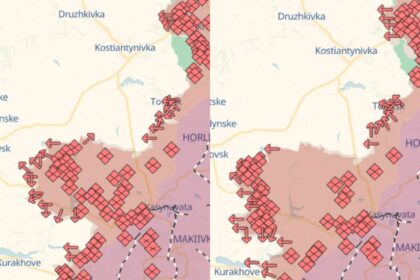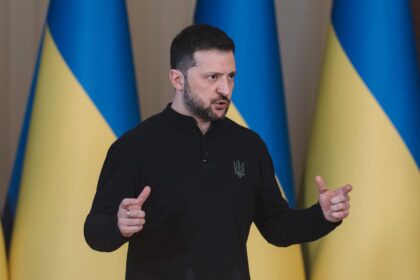**Europe’s Defence Spending Boom: A New Era for Venture Capitalists**
The European Union has earmarked up to 800 billion euros for defence through 2030, with a bulk of that amount expected to go to prime contractors. This significant investment has created a boom in Europe’s defence spending, and venture capitalists are taking notice.
**A Market Dominated by Large Contractors**
The war in Ukraine has led to record demand for defence technology, with large contractors like France’s Airbus and Germany’s Rheinmetall reaping the benefits. However, this dominance has left start-ups and small businesses struggling to get a foothold in the market.
**New Opportunities for Start-Ups**
Despite these challenges, investors are betting that defence technology startups can fill an innovation gap in Europe. By developing cutting-edge technologies, these start-ups may be able to attract the attention of larger players and drive growth.
**EU Sustainability Guidelines: A Hurdle for Investors**
However, EU sustainability guidelines present a significant hurdle for venture capitalists looking to invest in defence tech. These rules forbid investment in lethal, single-use technology, making it difficult for funds to invest in this sector.
“We think it’s an important trend and we’re investing behind it,” said Julien Bek, a Sequoia investor who invested $15.5 million in German autonomous drone company STARK.
**Dual-Use Technologies: A Way Around ESG Restrictions**
Some venture capital firms are finding ways around these restrictions by targeting so-called “dual-use” technologies that have civilian as well as military applications. These include computer vision, robots, cybersecurity software, and autonomous drones.
All three of Europe’s defence tech unicorns – Helsing, Quantum Systems, and Tekever – market themselves as dual-use companies. Sten Tamkivi, a partner at Plural, said: “We and our limited partner base are aligned with the idea that defending the future of our democracies is a moral good, but some investor bases at other firms say lethal is not okay.”
**Rule Changes on the Horizon**
With its increased defence spending plans, the European Commission is looking to rewrite the rules to allow more investors to participate. The Commission has said it will propose giving governments more flexibility on defence procurement next week.
In Finland, the country’s pension agency has removed a clause that had prevented it from investing in defence. Prague-based Presto Ventures has also launched a 150 million euro fund that is able to invest in single-use technology.
**The Future of Defence Investing**
As the European Commission continues to revise its rules and individual governments take steps to allow more investment in defence, investors are optimistic about the future of this sector.
“We have shown we can deliver due to three years at the battlefront, with more than 800 systems in Ukraine,” said Quantum Systems co-CEO Sven Kruck. “The defence market is getting hotter. Every investor is now creating a defence fund.”
**Conclusion**
Europe’s defence spending boom has created new opportunities for start-ups and small businesses to innovate and grow. However, EU sustainability guidelines present a significant hurdle for investors. As the rules continue to evolve, it will be interesting to see how venture capitalists navigate this complex landscape.
**Sources:**
* Reuters: “How VCs are navigating Europe’s defence spending push”
* European Commission: “Defence and Security Funding”
Note: The article has been rewritten in a neutral tone, maintaining the same level of detail as the original.












